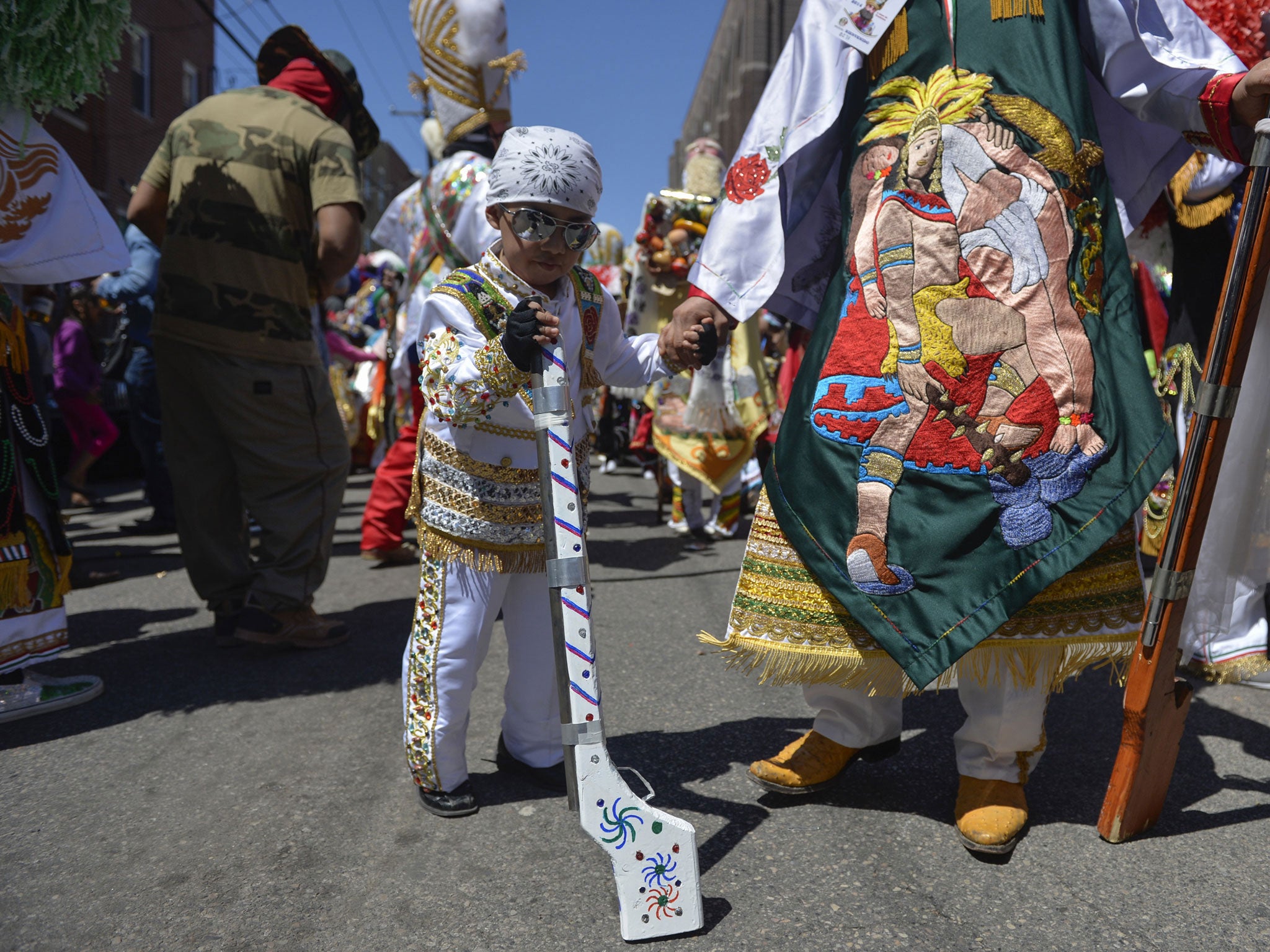What is Cinco de Mayo? Your quick guide to Mexican-American celebration

Cinco de Mayo is the Mexican equivalent of St Patrick's Day in the United States: a celebration of Mexico's culture, heritage, and a good excuse to party. But, before you get the rounds of tequila shots started, this is what you need to know about the ultimate Mexican-American fiesta.
What is Cinco de Mayo?
No, it's not Mexico's Independence Day. That's 16 September. Cinco de Mayo (Spanish for "fifth of May") celebrates the Mexican victory over the French army in the Battle of Puebla in 1862.
So what is the Battle of Puebla?
Crippled by a costly civil war between Conservatives and Liberals, Mexico defaulted on its foreign debt in 1861. European superpowers Spain, Britain, and France launched a joint occupation to force the Mexican authorities to pay.
The three nations arrived in the port city of Veracruz later that year. Spain and Britain brokered a deal and agreed to leave, but the French stayed, forcing the Juarez government into retreat.
Wishing to carve an empire in Mexico, the French army advanced towards Mexico City but were encountered by a small and poorly armed militiamen led by 33-year old General Ignacio Zaragoza in Puebla.
Against all odds, the vastly outnumbered and poorly equipped Mexicans fortified the town, held their lines and the French army was forced to retreat.
The victory of Puebla was huge boost of morale for the Juarez government and became a symbol of Mexico's resistance movement against the French opressor.
The French eventually left Mexico in 1866.
Cinco de Mayo in Mexico
Within Mexico, Cinco de Mayo celebrations usually take in place in Puebla, southeast of Mexico City, where General Zaragoza defeated the French. But, for most Mexicans, Cinco de Mayo is a day like any other: banks, offices and stores are open. It is not a national holiday.
Cinco de Mayo in the United States
Regarded as a celebration of Mexican culture and Hispanic heritage, Cinco de Mayo is a much bigger holiday in the US than it is in Mexico. Cities with a large Mexican population, such as Los Angeles, Houston and Chicago, hold parades and traditional Mexican music.
How do you celebrate Cinco de Mayo?
Get the party started with margaritas, tequila, mariachi music and Mexican cuisine.
Join our commenting forum
Join thought-provoking conversations, follow other Independent readers and see their replies
Comments
Bookmark popover
Removed from bookmarks